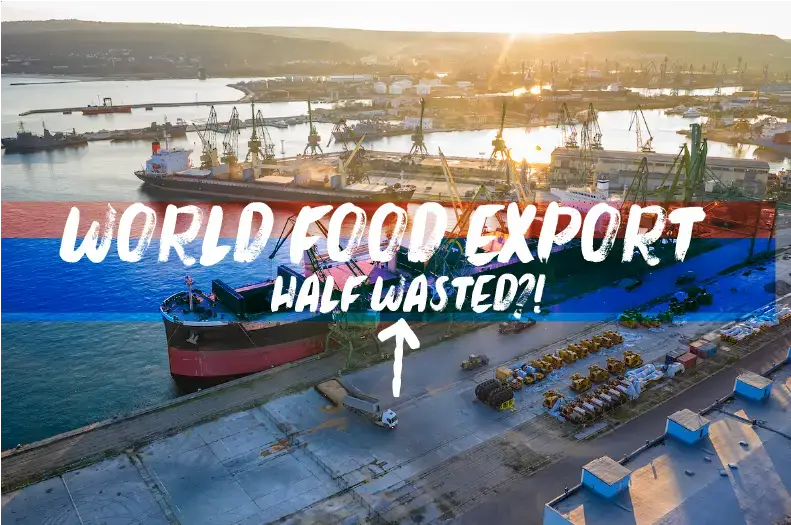Global food production has increased significantly in recent years. In fact, the global food supply is now estimated to be sufficient to feed 10 billion people. However, a large portion of that increase is never consumed by end consumers. It is estimated that nearly half of all global food production is lost or wasted each year. This is a staggering amount, and it highlights the need for improved food storage and distribution infrastructure. In addition, there is a need for education and awareness about the issue of food waste.
Experts claim that only by working together can we hope to reduce the amount of food that is lost or wasted each year. According to a report by the Shell Foundation, worldwide food production increased by 17% in the past 30 years, but almost half of that never reaches end consumers. Also the number of people battling hunger daily has risen to an alleged 815 million. Ensuring that all people have enough to eat is one of the great challenges of any locality. Especially those reliant on worldwide cold chain shipping of food. Despite significant progress in recent years, cold chain transport remains a problem.
One contributing factor is the fact that global food production has increased, but almost half of that never reaches end consumers. A variety of factors can contribute to food loss, including poor infrastructure, lack of storage facilities, and pests. In many cases, food is simply wasted because it doesn’t meet cosmetic standards or because it spoils before it can be eaten. Reducing food loss is essential to ensuring that everyone has enough to eat. Some say we need to invest in infrastructure and storage facilities in developing countries, and we need to do a better job of boosting food production while minimizing waste.



